|
Well, first let’s start with some background knowledge. What is the Science of Reading??? The Science of Reading is 20 plus years of reading research, and it gives teachers the best strategies for teaching students to read based on research of how the brain learns to read. Our brains are wired to speak, but not to read. We have been speaking for over 100,000 years, but we have not been reading and writing for that long. The first writing systems were invented about 10,000 years ago. Alphabetic writing (so when we changed from drawings to express stories to letters to convey words) evolved about 5,000 years ago. The Science of Reading research, provides an evidence-based best practice approach for teaching foundational literacy skills called Structured Literacy. Structured Literacy emphasizes a purposeful, direct, systematic, and explicit reading and language arts instructional framework for instructing students to decipher words in prints and to focus on the goal of reading, which is to learn, enjoy, and comprehend text, through individualized instruction, informed by deliberate assessment. -The Simple View of Reading looks at reading like a math equation: Decoding x Linguistic/Language Comprehension = Reading Comprehension -There are 5 Pillars of Reading: Phonemic Awareness, Alphabetic Principle, Fluency, Vocabulary, and Comprehension, all integral to the… -3 Layers of Reading Development: 1 - letters and sounds, 2 - phonic decoding, 3 - orthographic mapping What are advanced phonemic awareness skills? Early phonemic awareness are the skills typically develop in preschoolers and include rhyming (e.g. sit, pit, lit), alliteration (e.g. the cute cat can cry), being able to segment words into syllables (e.g. /syll/ /a/ /bles/), and being able to identify the first sounds in words. Basic phonemic awareness skills are typically developed throughout kindergarten and first grade. Basic phonemic awareness skills include phoneme blending and phoneme segmentation. These basic skills are instrumental in phonic decoding and early spelling.
Advanced phonemic awareness skills are the skills typically developed by about third or fourth grade. Advanced phonemic awareness skills include the ability to manipulate phonemes, such as
AND they are required for proficient reading. This means that phonemic awareness skills must be explicitly taught. Students must be able to achieve mastery of advanced phonemic awareness skills to be able to proficiently read. Orthographic Mapping is the formation of letter-sound connections to bond the spellings and pronunciations of specific words in memory It explains how student brains memorize how words look-sound. The process we use to store printed words in long-term memory is the third level of reading development called orthographic mapping. Orthographic mapping is the efficient expansion of sight vocabularies, requiring letter-sound skills and advanced phonological awareness skills. Research has demonstrated that orthographic mapping is the most efficient strategy for moving word patterns into long-term memory for students, thus increasing a student’s sight word vocabulary. Get this instructional sequence AND grab my FREE Phoneme Grapheme Mapping Board by clicking HERE! Happy and Healthy Teaching! Peace, Miss Rae Learn more...Related Resource...
3 Comments
12/28/2022 12:01:28 pm
hanks for sharing the article, and more importantly, your personal experience of mindfully using our emotions as data about our inner state and knowing when it’s better to de-escalate by taking a time out are great tools. Appreciate you reading and sharing your story since I can certainly relate and I think others can to
Reply
Abigail Parker
5/29/2023 11:29:49 pm
Thank you for sharing the breakdown of reading comprehension. As a special ed teacher I struggle with my students that are lower readers. Do you have any tips for implementing this at a high school level?
Reply
Leave a Reply. |
CategoriesAll Comprehension CoPlanning CoTeaching Directed Reading DIY Fluency Fountas & Pinnell Graphic Organizers Guided Reading Lesson Planning Multi-Tiered Systems Of Support Phonological Awareness RAN Read And Respond Reading Reading Assessments Reading Comprehension Response To Intervention RTI Science Of Reading Science Of Reading For Special Education Teachers Special Education Special Education Eligibility Special Education Lesson Planning Teaching Strategy Visualizing & Verbalizing Visual Texts Vocabulary Writing Writing In Response To Reading |
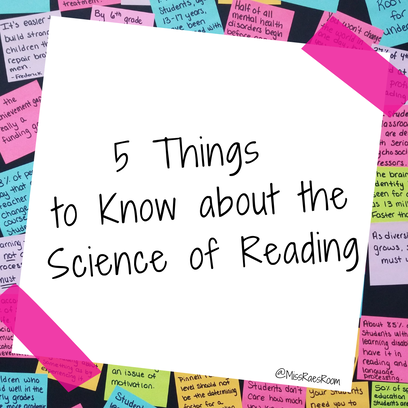
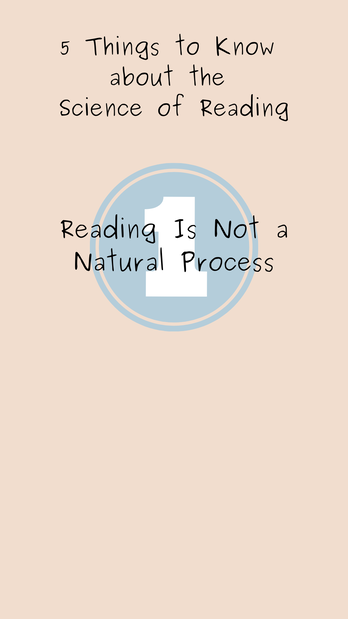
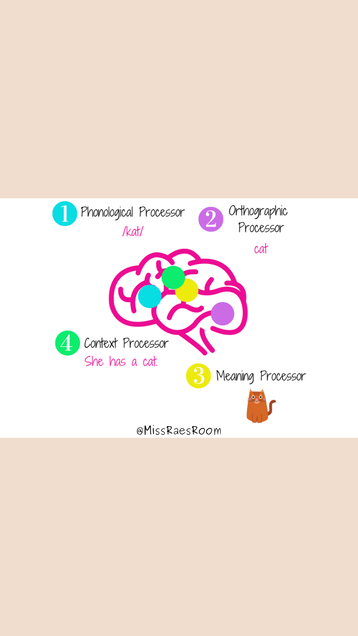
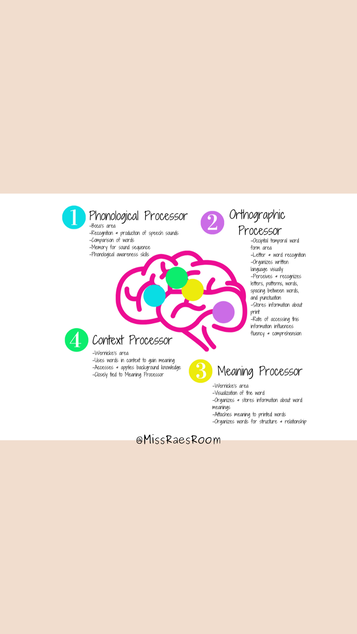
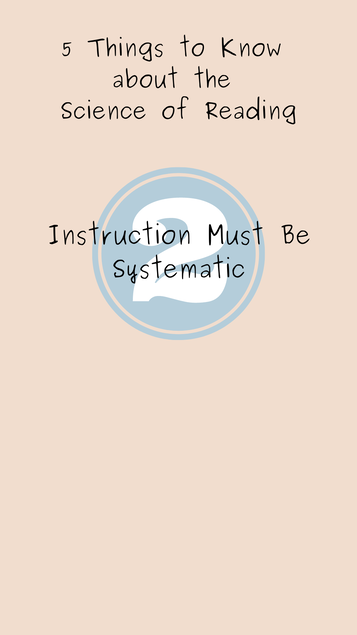
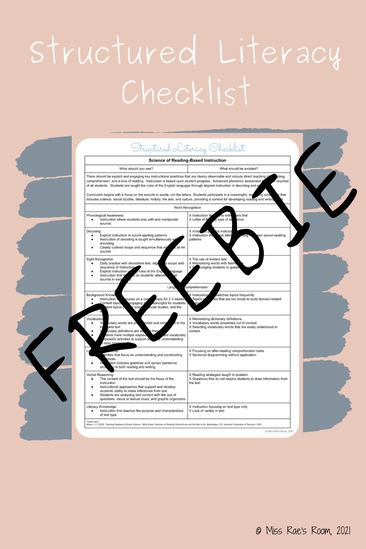
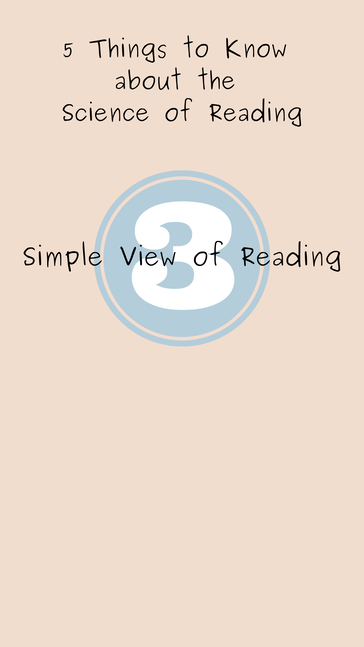
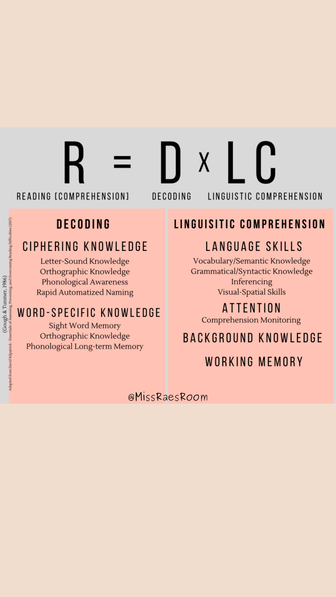
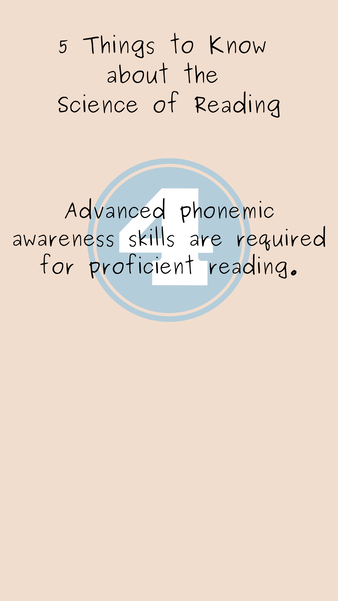
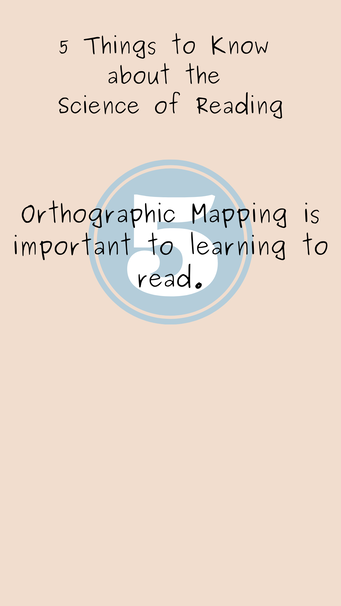
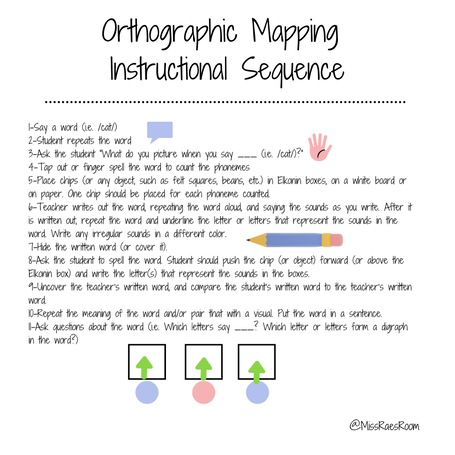
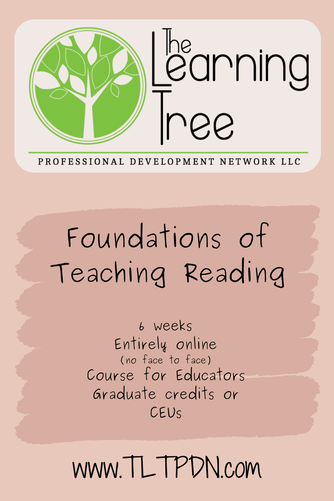
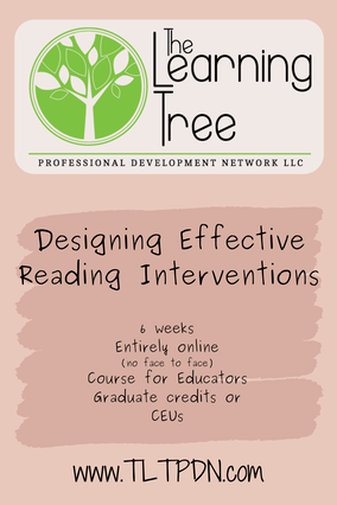
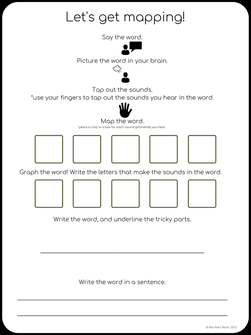
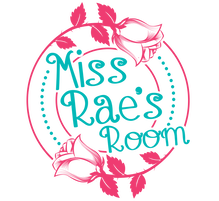
 RSS Feed
RSS Feed